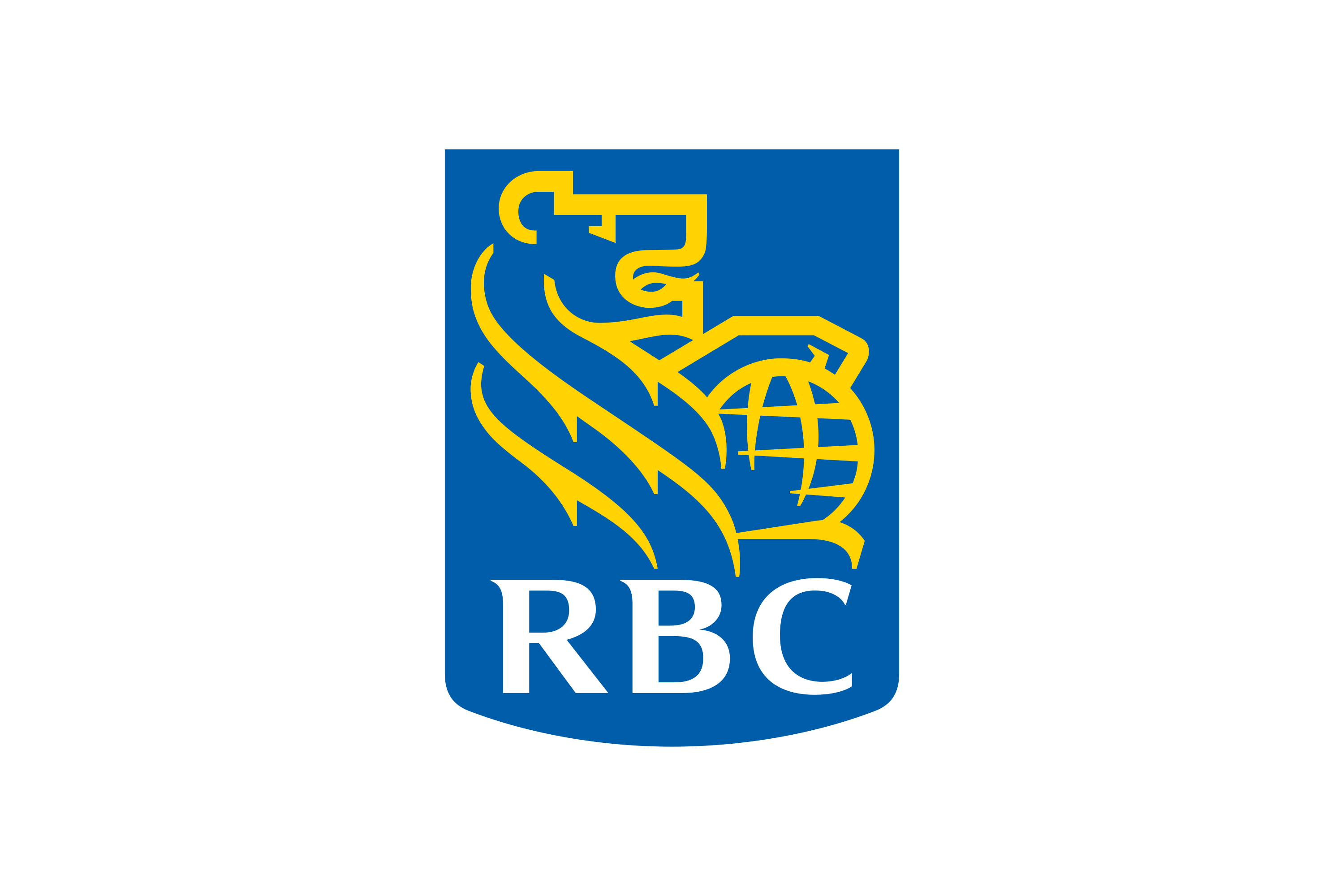

Ever wondered how some people seem to have jobs where their main responsibilities revolve around writing emails, attending meetings, and then writing more emails? These roles often exist in sales, marketing, and business operations, and while they may appear simple, there’s a structured career path that leads to them. If you’re interested in securing one of these coveted positions, here’s how the journey typically unfolds.
Step 1: Start with an Entry-Level Sales or Marketing Role
Your best bet is to look for jobs with titles like “Junior Sales Associate” or “Junior Marketing Coordinator.” These positions typically require strong communication skills and a basic understanding of business functions but don’t necessarily demand specialized technical expertise.
How to Get Hired:
- Apply to multiple entry-level sales or marketing jobs.
- Highlight any relevant experience, such as customer service or project coordination.
- Show enthusiasm for collaboration and communication.
- If you lack experience, consider internships or certifications in digital marketing or business development.
Once you land a role, spend a couple of years mastering the art of professional communication, internal collaboration, and stakeholder management.
Step 2: Move Up to a Supervisor or Coordinator Role
After gaining experience, look for positions with “Supervisor” or “Coordinator” in the title, such as “Sales Supervisor” or “Marketing Coordinator.” At this stage, your responsibilities will likely involve:
- Overseeing junior team members.
- Facilitating communication between different departments.
- Organizing meetings and summarizing key takeaways in emails.
How to Get Promoted or Hired for This Role:
- Demonstrate leadership skills and the ability to manage small projects.
- Show that you can handle higher-level decision-making.
- Maintain excellent relationships with colleagues and higher-ups.
- Volunteer for initiatives that involve cross-functional collaboration.
Step 3: Transition into an Analyst Role
Once you have supervisory experience, your next step is to move into an “Analyst” role, such as “Marketing Analyst” or “Business Development Analyst.” These roles are still heavily focused on communication but involve more strategic input.
Key Responsibilities:
- Synthesizing information from meetings into actionable insights.
- Preparing reports and presentations for leadership.
- Acting as a bridge between different teams and departments.
- Continuing to refine email-writing and meeting-management skills.
To move into this role, emphasize your ability to analyze business trends, present findings clearly, and coordinate between stakeholders.
Step 4: Climb to a Senior Analyst Position
With a few more years of experience, apply for jobs with “Senior Analyst” in the title. These roles often come with a more strategic function, where much of the job consists of attending meetings, distilling conversations into reports, and ensuring smooth communication between teams.
At This Level, You’ll Need To:
- Stay updated on company politics and shifting priorities.
- Develop a keen sense of how to phrase emails diplomatically.
- Master corporate jargon and the art of “sounding important” in emails and presentations.
- Ensure you’re always positioned as someone who “adds value” in meetings.
Step 5: Reach the Ultimate Level – Senior Coordinator of Business Operations & Strategy
Eventually, your title may become something like “Senior Deputy Analytics Coordinator Supervisor of Marketing and Sales.” At this stage, your primary job is:
- Writing emails.
- Attending meetings.
- Writing follow-up emails about those meetings.
- Keeping an eye on company shifts and making sure your emails align with executive expectations.
- Occasionally, crafting PowerPoint presentations to summarize the emails you’ve been sending.
You might also get a small cord and badge to signify your seniority in the noble art of corporate communication.
Final Thoughts: The Art of Corporate Communication
These jobs may seem effortless, but they require a deep understanding of organizational dynamics, effective communication, and the ability to navigate corporate structures. Success in this career path isn’t just about sending emails—it’s about sending the right emails, to the right people, at the right time.
If this type of work sounds appealing, start your journey today by applying for a junior sales or marketing role. Before you know it, you’ll be crafting carefully worded emails and sitting in strategic meetings just like the pros!
Find out more on this topic here
https://tryreferez.com/how-to-answer-why-do-you-want-to-work-here-sample-answers-included/





